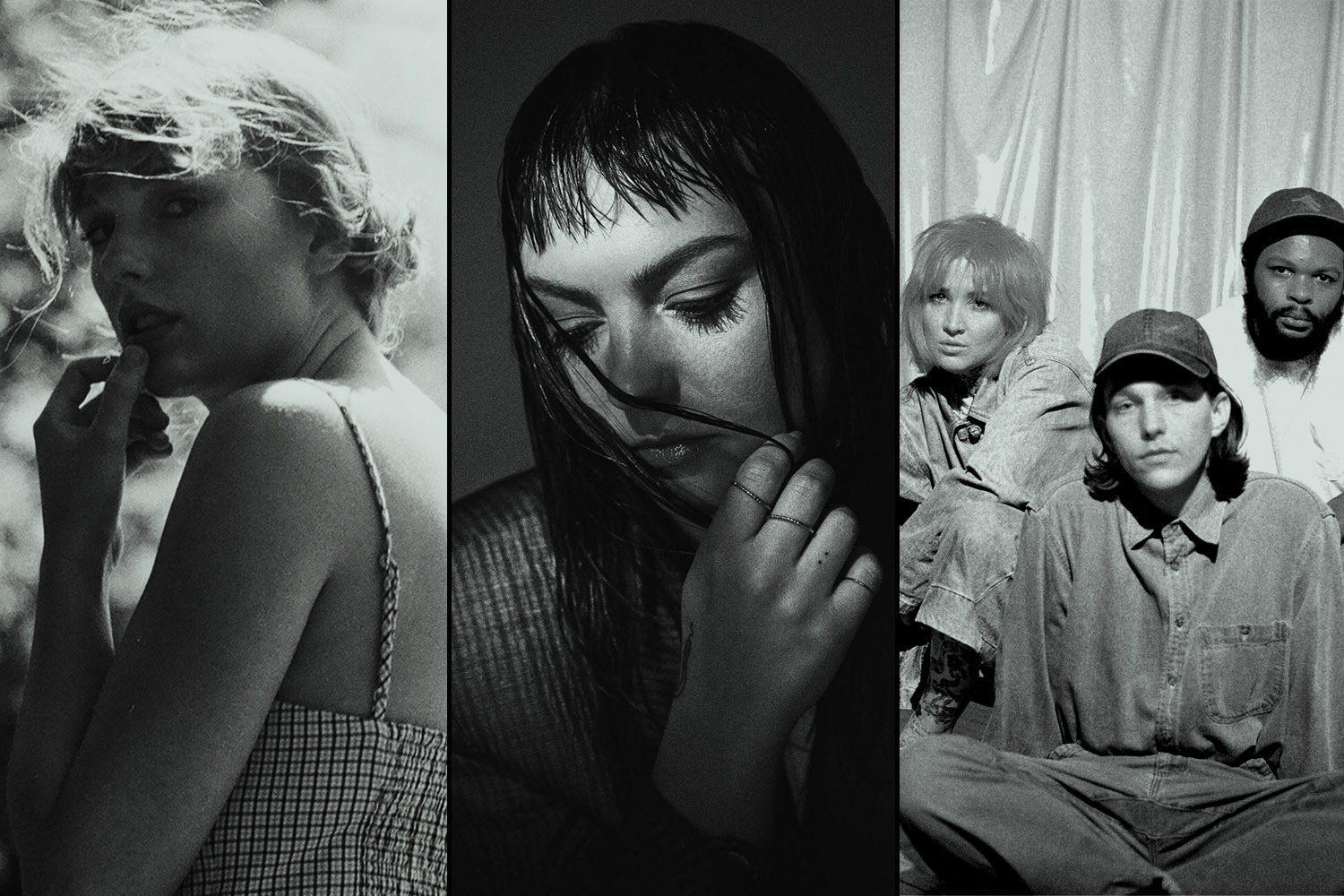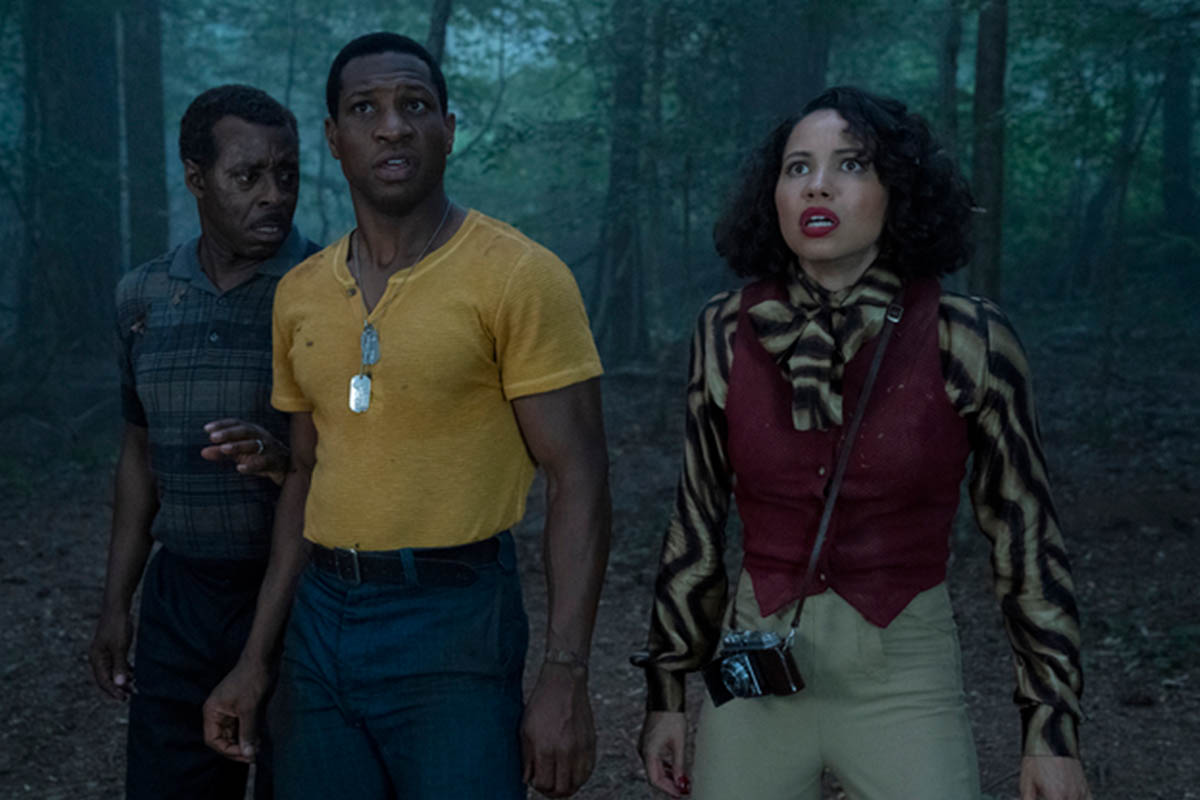You don’t necessarily have to be feeling sad yourself to appreciate a sad song, but there’s nothing quite like that sense of connection when you are — the beauty of hearing a stranger reflect your emotions back to you, articulating them with scary accuracy. And as it so happens, we all could use a good set of sad songs in 2020.
In many ways, nearly six months into quarantine, we’re all going through a breakup of sorts, mourning our old lives while hoping that one day they’ll come back to us. Angel Olsen obviously couldn’t have known that’d be the case when she wrote All Mirrors and released it to critical acclaim last year, but her new album — which isn’t actually new, in a lot of ways — Whole New Mess happens to be the breakup album we all need at the moment. Recorded in late 2018, before All Mirrors, nine of its 11 tracks also appear on her 2019 masterpiece (some, albeit, with slightly tweaked song titles). But this is not simply a collection of demos. These are studio versions of the tracks, reimagined — or if you want to be chronologically accurate, pre-imagined — as a sparse solo album where Olsen is backed only by guitar and the occasional organ. The lush, orchestral arrangements of All Mirrors are gone, the songs are shuffled around in a new sequence, but the emotion remains, and in fact it feels somehow amplified.
“Waving, Smiling,” one of Whole New Mess‘s two gorgeous new tracks, feels especially relevant to quarantine, as our narrator finds herself stuck inside, looking out a window and waving at a sunny world that remains just out of reach. “I’m waving, smiling,” she sings. “At love forever/Alive and dying/The sun is shining.”
“‘Waving, Smiling’ in my head is the last scene, a slow motion realization of love not lost but at peace somewhere within myself,” Olsen explained in a statement. “It’s the bittersweet end of a chapter of my life — it is the final acceptance that despite coming to an end all of that time was not lost or wasted.”
It’s a stunning, devastating track on an album full of stunning, devastating tracks. The simple arrangements give her impressive vocals — which often call to mind the dramatic warbles of Roy Orbison or the melancholy poise of Patsy Cline — room to breathe, and the lyrics hit harder when we get the sense that we’re alone in the room with them. The cinematic, orchestral All Mirrors version of “Chance” is a fantastic song to begin with, but somehow it’s even better as “Chance (Forever Love)” here. It doesn’t feel any less cinematic, but the echos make it sound like she’s singing to an empty theater — something she couldn’t possibly have had any idea she’d be doing for real two years later, not as an aesthetic choice but as a safety precaution. It strikes the perfect note of loneliness for our current times.
Olsen recorded these tracks at The Unknown, an old church in Anacortes, Washington, that is now Mount Eerie’s Phil Elverum’s studio. The space is, as many a press release will insist, haunted, and in addition to killer acoustics that allow for some incredible reverb, it boasts a “crying room” where mothers would take their wailing babies to avoid disrupting the church service. You couldn’t make up a more fitting setting for these tracks if you tried; if All Mirrors is Olsen performing adorned with all the bells and whistles of a well-choreographed sermon, Whole New Mess is a peek inside the crying room.
The title track, the album’s other new song, is about addiction, about vicious cycles and life on the road and some of more unsavory aspects of the music industry — particularly for female artists. “I think I’ll really do the change,” she insists at first, before eventually admitting she’ll “make a whole new mess again/Make a whole new mess/Celebrate the best/Take a photo for the press again.”
“I’ve been trying so hard to be interesting — and it just fucking doesn’t matter,” she told the NME in a recent interview. “I like my branding — the black-and-white photos, the suit jacket and dresses and stuff — but does it have anything to do with my music? Absolutely not. It’s a selling point. That’s part of what [‘Whole New Mess’] is about. I’ve been trying to dress myself up to be sellable for people. The truth is, I really just believe in my art. Can I just do that for once without having to fucking sell my face? Do I have to sexualize my body, wear makeup, do all of these things to sell my product? Is this really how this system is going to work for the rest of my life? I don’t know if that is gonna work for me.”
It’s clear that what does work for her is leaning into raw emotion, letting her voice and her songwriting do all the heavy lifting. And at a time when all of us are raw nerves, when the systems — good and bad — that rule our daily lives are a constant source of uncertainty (good riddance to institutionalized racism, but let’s try to save the post office), there’s nothing more comforting than a musician who believes in her art strongly enough to lay it all bare like that, to follow up a career-best album with a brave, reimagined version of it to get us through whatever new messes await us.
This article was featured in the InsideHook newsletter. Sign up now.


















![[L-R] Bill Berry, Michael Stipe, Mike Mills and Peter Buck of R.E.M. at the Aragon Ballroom in Chicago, Illinois on July 7, 1984.](https://www.insidehook.com/wp-content/uploads/2024/12/rem-book-interview.jpg?resize=750%2C750)




